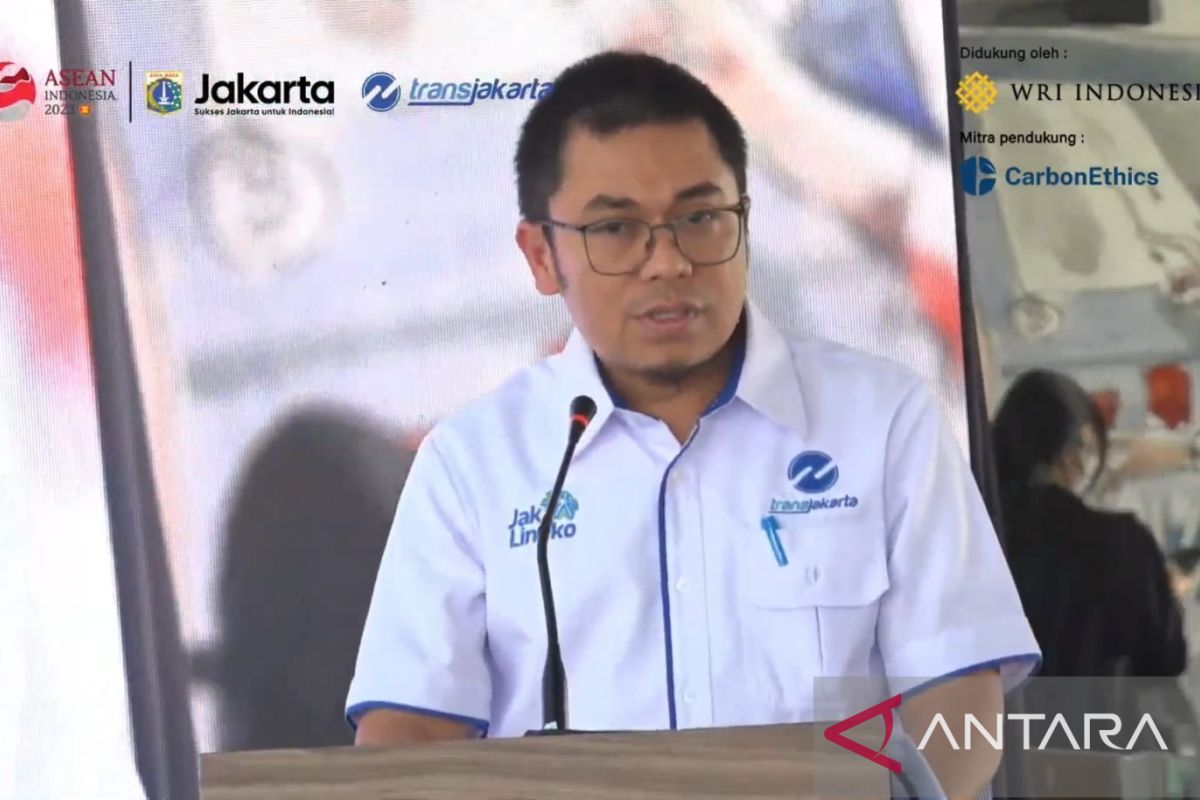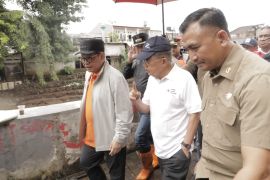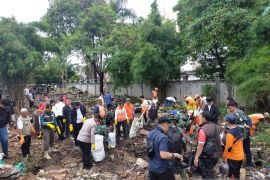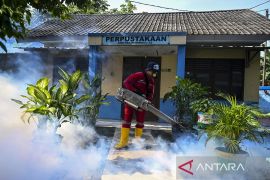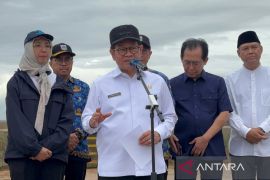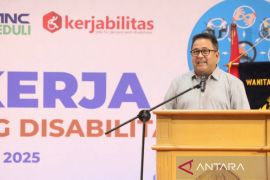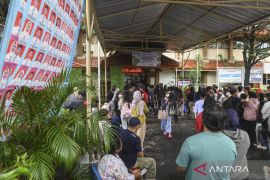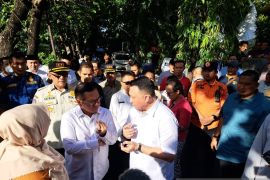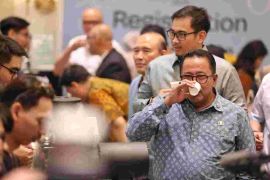Every TransJakarta passenger can participate in planting mangroves and monitor the developments digitallyJakarta (ANTARA) - The Jakarta-owned bus rapid transit service TransJakarta is collaborating with the World Resources Institute (WRI) Indonesia and Carbon Ethics Foundation to invite passengers to partake in the efforts to reduce carbon emissions.
The collaboration agreement was inked in a memorandum of understanding signed by TransJakarta's President Director, Welfizon Yuza, and representatives of WRI Indonesia and Carbon Ethics Foundation in Jakarta, broadcast on WRI's YouTube channel on Wednesday.
The agreement is aimed at reducing carbon emissions by 50 percent by the year 2030 and achieving the goal of net-zero emissions by 2060.
"This (collaboration) constitutes the Jakarta Government's commitment to providing cleaner air to the public. As the government's company, TransJakarta surely plays an active role, including by launching a corporate sustainability guideline we call 'Clean, Empowered, and Smart'," Yuza noted in Jakarta on Wednesday.
The president director said his company is preparing two strategies to reduce carbon emissions, with the first concerning efforts to increase the number of customers.
Yuza expressed belief that by encouraging more people to switch from using private vehicles to public transportation, the capital city will be able to reduce its carbon emission footprint.
Meanwhile, the second strategy pertains to TransJakarta's commitment to continuing to increase the number of electric buses to reach 100 units this year.
Regarding the collaboration with WRI Indonesia and the Carbon Ethics Foundation, the company will make the most of the existing network ecosystem by inviting one million passengers to partake in reducing carbon emissions.
CEO of the Carbon Ethics Foundation Agung Bimo Listyanto noted that his side has developed an application equipped with a quick response (QR) code, through which passengers can voluntarily plant mangroves and digitally monitor the developments.
"Every TransJakarta passenger can participate in planting mangroves and monitor the developments digitally," Listyanto explained.
According to WRI Indonesia's research, the three main sectors contributing to carbon emission in Jakarta are as follows: power plants that produce 7.9 million tons of carbon; transportation, 13.2 million tons; and industrial activities, 4.3 million tons.
"Land transportation ranks on top among the other contributors due to the public's dependence on private vehicles. Hence, TransJakarta, with its vast networks and passenger numbers, plays a crucial role in reducing carbon emissions," WRI Indonesia Director Nirarta Samadhi stated.
Related news: Indonesia aims to cut emissions by 358 mln tons of CO2e
Related news: Regional govts asked to oversee carbon economic value implementation
Related news: Three provinces ready to be models for low-carbon development: govt
Translator: Mentari Dwi, Tegar Nurfitra
Editor: Sri Haryati
Copyright © ANTARA 2023
